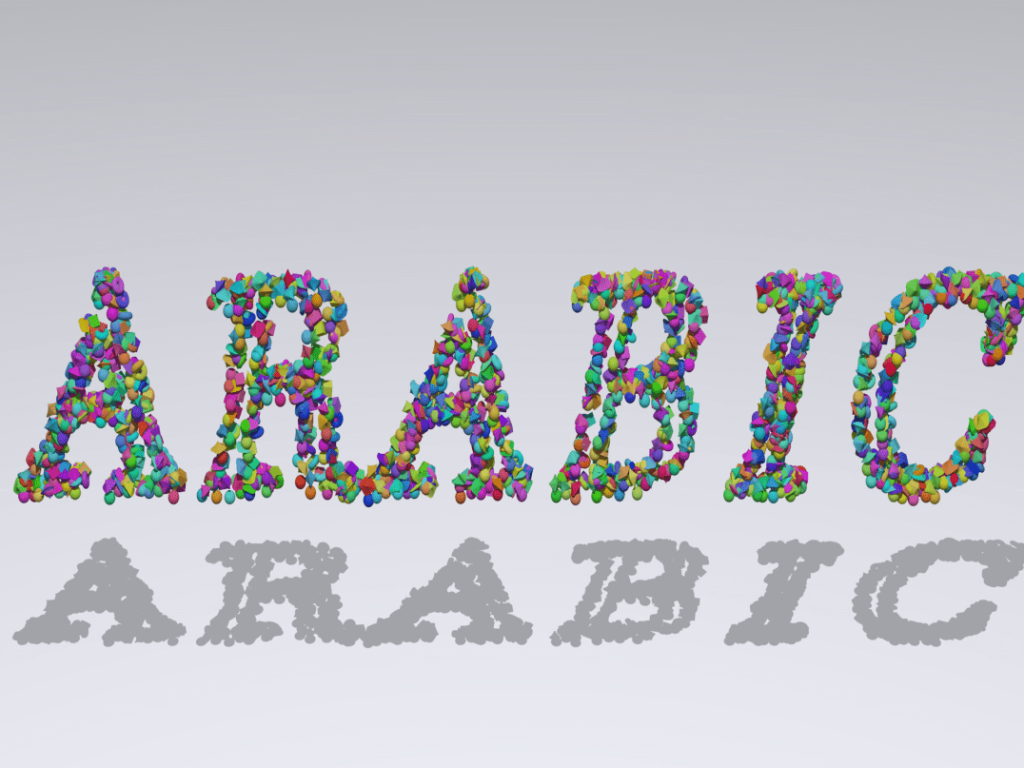Welcome to a fascinating question that delves into the heart of language, religion, and culture: “do Indonesians speak Arabic?” Indonesia, the world’s largest Muslim-majority nation, has a profound connection to the Arabic language, yet the answer to “is Arabic spoken in Indonesia” in everyday conversation is more nuanced than a simple yes or no. This article will explore the presence and influence of Arabic in Indonesia, shedding light on who speaks it, its role in society, and why you might hear it more often than you think.
Do Indonesians Speak Arabic? The Official and Unofficial Status
Indonesia’s official language is Bahasa Indonesia, a standardized form of Malay. With over 700 indigenous languages, Indonesia is incredibly diverse linguistically. So, in terms of official national language status, Arabic is not an official language in Indonesia.
However, that doesn’t mean “do they speak Arabic in Indonesia” gets a flat “no.”
- Religious Significance: Arabic holds immense religious importance as the language of the Quran and Islamic scripture. Given that over 87% of Indonesians are Muslim, Arabic is integral to their religious practice.
- Education: Arabic is taught in many Islamic schools (pesantren and madrasah) across the country, where students learn to read the Quran and study classical Islamic texts.
- Limited Conversational Fluency: While many Indonesians can read Quranic Arabic (Classical Arabic) and use Arabic phrases in religious contexts, the number who speak conversational Arabic fluently in daily life is relatively small. It is primarily spoken by people of Arab descent, religious scholars, and students in specific Islamic educational institutions.
The Influence of Arabic in Indonesia: More Than Just Words
The long history of Islam’s spread to Indonesia, largely through Arab traders and scholars, has left an undeniable mark on the Indonesian language and culture. So, while you might not hear everyday conversations primarily in Arabic, the influence of Arabic in Indonesia is pervasive:
- Loanwords in Bahasa Indonesia: The Indonesian language (Bahasa Indonesia) is rich with Arabic loanwords, particularly related to religion, law, and administration. Many everyday words have Arabic origins.
- Examples:
- Selamat (from سلام – salām) – peace/greeting (used in “Selamat pagi” – good morning)
- Kabar (from خبر – khabar) – news (used in “Apa kabar?” – How are you?)
- Dunia (from دنيا – dunyā) – world
- Kursi (from كرسي – kursī) – chair
- Waktu (from وقت – waqt) – time
- Examples:
- Religious Phrases: Common Arabic phrases are used daily by Muslims in prayers, greetings, and expressions of gratitude.
- Allahu Akbar (الله أكبر) – God is the greatest (used in prayer)
- Inshallah (إن شاء الله) – God willing
- Alhamdulillah (الحمد لله) – Praise be to God
- Assalamu Alaikum (السلام عليكم) – Peace be upon you (greeting)
- Names: Many Indonesian names have Arabic origins.
Who Speaks Arabic in Indonesia?
While the general population may not speak conversational Arabic, certain groups maintain and use the language:
- Arab-Indonesian Communities: Descendants of Arab immigrants, particularly from Hadhramaut (Yemen), have historically maintained spoken Arabic (often a dialect influenced by Hadhrami Arabic) within their communities, especially in older generations.
- Religious Scholars (Ulama) and Students (Santri): Those dedicated to Islamic studies in madrasahs and pesantren learn Modern Standard Arabic (MSA) for academic and religious purposes. Some may also learn regional dialects.
- International Relations: Arabic is important for diplomacy and trade with Arab countries.
- Hajj and Umrah Pilgrims: Indonesians traveling to Saudi Arabia for pilgrimage will encounter Arabic and often learn basic phrases.
Learning Arabic in Indonesia
Given the deep religious and cultural connections, there are numerous opportunities to learn Arabic in Indonesia, particularly in:
- Islamic Boarding Schools (Pesantren): These institutions provide intensive Arabic language instruction.
- Universities: Many universities offer Arabic language and Islamic studies programs.
- Private Language Centers: A growing number of centers offer Arabic courses.
So, while the answer to “do Indonesians speak Arabic” in the sense of daily conversational fluency for the majority is generally no, the language’s profound influence and its use in religious and academic contexts make its presence undeniable throughout Indonesia.
Ready to deepen your understanding of Arabic and its global impact? Visit www.kaleela.com and download the Kaleela Arabic learning app today! Explore the fascinating connections between language, culture, and faith, and embark on your journey to learn Arabic now!



